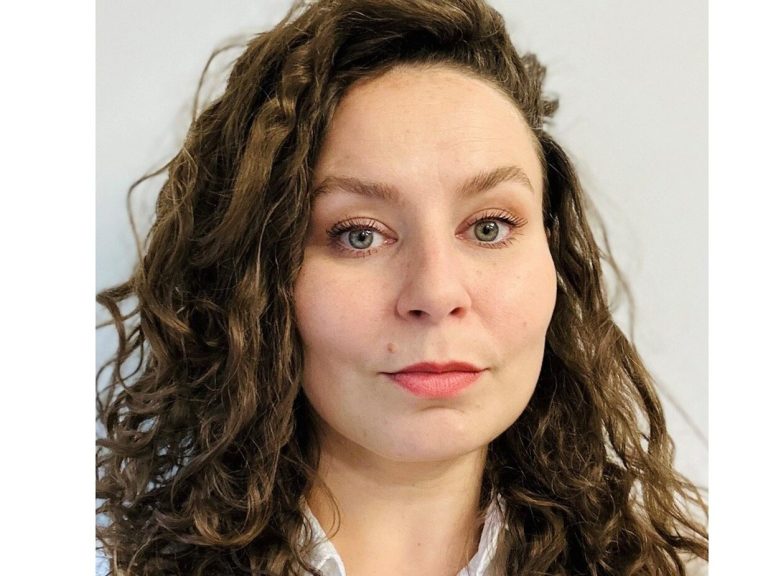Teenagers in crisis save themselves. “I didn't want to worry my mother. He's in a lot of trouble anyway.”

“I didn't want to worry my mother, she has a lot of problems anyway,” say some young people in crisis. “I know my parents would be very hurt if I told them what was happening to me. I love them, I wanted to spare them that.” Protecting loved ones is a common motivation for children and teenagers who turn to friends when they have problems. Parents who did not know what was happening to their child were not necessarily those from dysfunctional families.
Mondays and Wednesdays in the afternoon were Zosia's, Tuesdays and Thursdays were Konrad's bets, Alek sat with Hanka on Fridays. They took turns on weekends.
She hadn't been very happy for a long time, but when she said she wasn't planning a vacation because then she wouldn't be here for a long time, they arranged shifts. After a few weeks, it turned out that keeping an eye on a friend with suicidal thoughts is a big challenge for fifteen-year-olds. Zośka stopped sleeping, Konrad started eating three times more and experiencing severe anxiety, Alek resorted to stimulants and gaming. Everyone missed a lot at school.
– You can call me anytime, any time – Oliwia assured her friend who couldn't stop self-harming and felt increasingly worse. They talked several times a day, day and night, and Oliwia believed that in this way she would help her friend. After half a year they cut together.
Children and teenagers smiling from ear to ear in juice advertisements are only part of the truth about this first, idyllic period of life. Chandra, crisis, low self-esteem, trauma, mental disorders – specialists who work with young people on a daily basis estimate that approximately half of them face various types of mental health difficulties. According to the literature, several percent of children suffer from depression, and twenty percent have depressive episodes.
– I am convinced that now, when I am talking to you, one of my students or patients is planning his death and I have no idea about it, although for years I have been talking every day to children who have suicidal thoughts – says Tomasz Bilicki, a crisis interventionist, therapist, teacher.
– When it comes to young people's problems, we, adults, only see the tip of the iceberg. Peers who confide in each other have a more complete picture of the situation. The point is that helping people, especially in difficult crises such as suicidal crisis, self-harm, depression, family problems, can be exhausting for the helper. Peer crisis intervention meets this need – it's great that you're helping your peers, it's a great thing, but do it in a way that's safe for yourself. It's not about dressing children in vests with the words “if you have suicidal thoughts, come to me”, because this is a task for us, adults. But we can support them and ensure that this help is effective and brings positive results for both parties.






